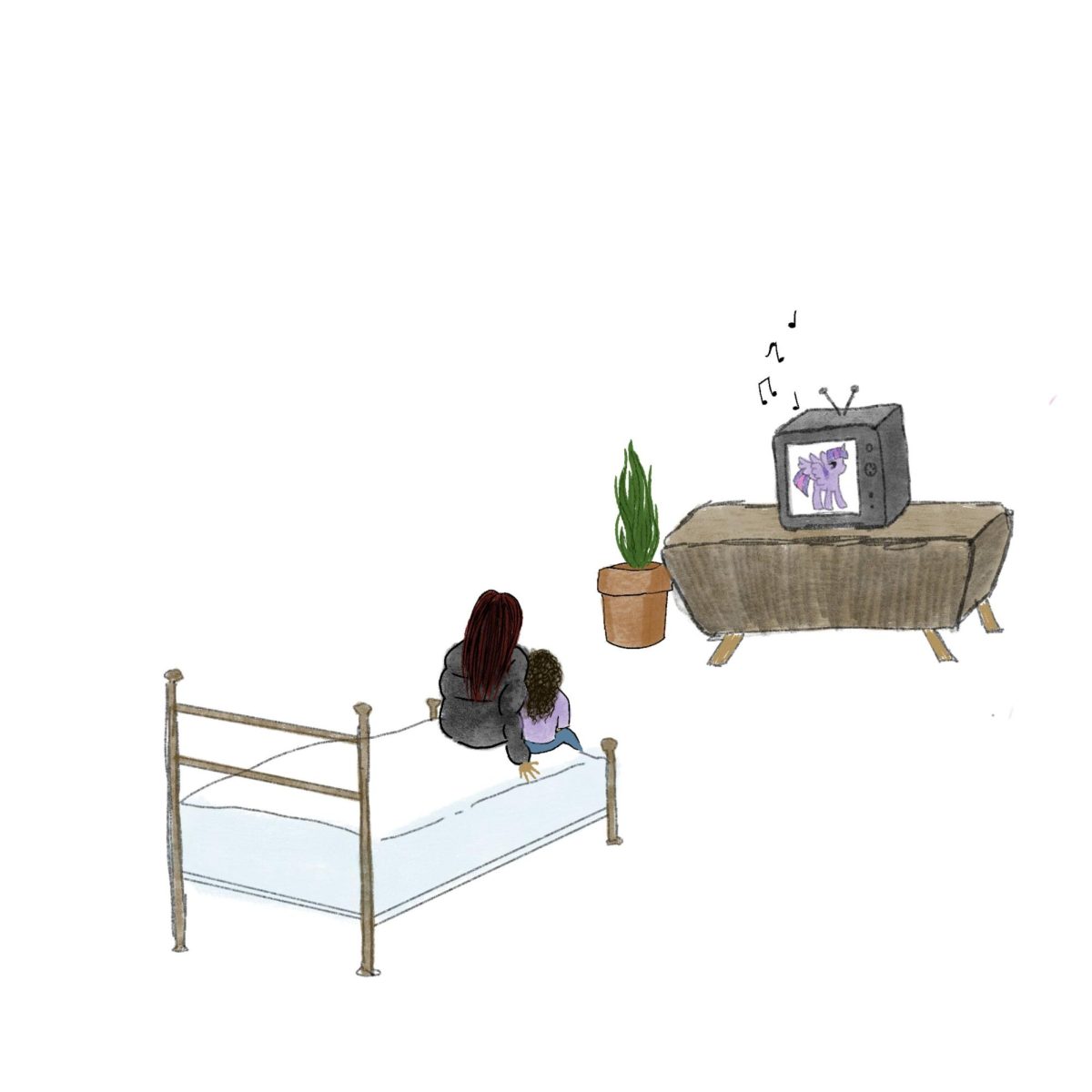I find it odd that of all the people in the world, cancer patients are who students at Westview compare their so-called struggles to.
The physician Hippocrates (460-370 B.C.E) first coined the name karkinos (Greek word for crab) for the condition, based on the appearance of the malignant tumors he had seen.
But this disease plagued us long before Hippocrates, as found in the Edwin Smith Papyrus, which dates back to 3000 B.C.E. Years later, it continues to plague us.
However, in the past decade, the word cancer has also taken on another meaning.
In 2007, an online discussion forum first used the word as an Internet slang term describing the perceived or actual misuse of “memes”—images, videos, or sets of text that become popular and spread rapidly via the internet.
Now, 10 years later, cancer has evolved into a term that expresses almost anything from someone’s frustration with their current situation to insults toward those who create trouble or cause irritation (i.e. a group member who doesn’t help out with a project).
When confronted about the misuse of this word, most people state that they don’t intend to disrespect those who have been affected by the actual disease.
As much as I would like to forget about all the sorrow that cancer brings to our world each and every day, I’ve realized that these ignorant responses are desensitizing us to all the suffering that cancer patients go through.
Because what this world needs is an examination of our consciences. What we need are personal stories of what cancer has done.
These stories would have to include Julie Leonard (1967-2014), a woman who served as a role model within our own community for her time, dedication and effort in serving those around her.
She was loved by the local Pop Warner youth players who remember her routinely maintaining the equipment shed and snack bar during games and practices.
She was loved by our high school wrestling and football programs for doing the same. And she was loved by her husband and two boys.
But three years ago, a brain aneurysm took her away from all of those who loved her. Although she did not die from cancer, just imagine how disrespectful it would be to misuse the word “aneurysm”—a condition that has often been induced by cancer.
Today, she is still loved and is remembered all the more, but cancer has nevertheless left its mark on both her family and the community.
Yet, last Monday, a student in my computer science class repeatedly used the word cancer to express his frustration at not being able to get his program to run.
I’m sure this student would have Julie Leonard’s deepest sympathies.
These stories would have to include Harris Laskaris, a former service man and member of my church who has always been more than willing to help out with youth group events and fundraisers. He loved his family and he also loved food.
But over the past few months, he became ill and noticed blood in his stool. Last week, his stomach was removed during a procedure to treat the cancer that had consumed it.
Although his doctor says he will live, I doubt he will ever enjoy food the way he used to.
And yet, a friend of mine laughed and used cancer to describe a joke on the internet while we were in the library after school a few weeks ago. I’m sure Harris Laskaris would find this funny too.
These stories would have to include the deaths of several of my own relatives.
These stories would also have to include the cancer-related deaths of millions upon millions of people from every nation on this planet—8.2 million in 2012 alone, to be exact. Odds are, you’ve probably witnessed the effects of cancer.
We live in sunny Rancho Penasquitos where the average family income is $110,000. Having too many AP classes or breaking up with your crush is nothing to compare with the struggle of cancer patients.
Take a look around you. There are people everywhere who have gone through or are battling cancer right now. It is one of the most difficult crises a human can face, physically and mentally.
No one asks to have cancer or any other fatal illness. And right now, there is no simple way to rid patients of many of these diseases. The least we can do is remember the people we respect who were afflicted. To know these people means to understand that these diseases are not “just a joke.”
To know these stories means to respect all those who have died or experienced the immeasurable pain of cancer.


